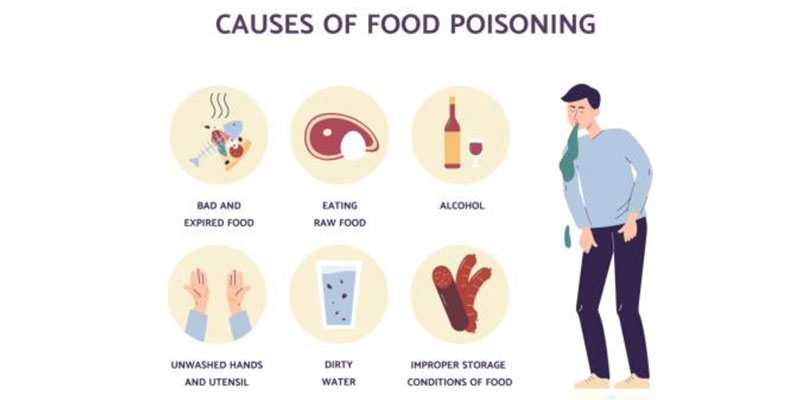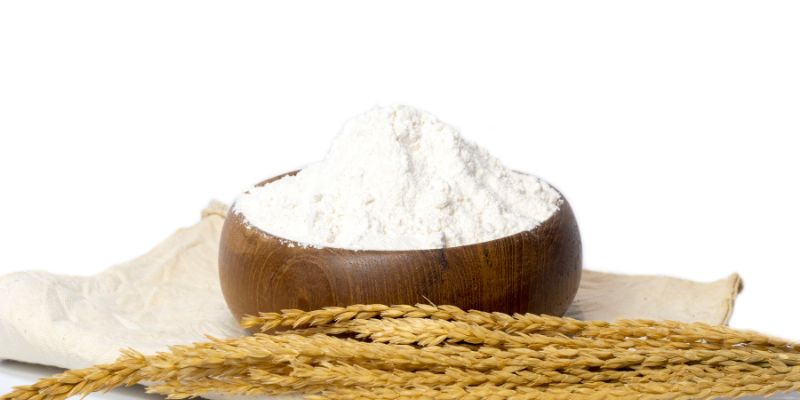Transaminitis: Symptoms, Causes, Treatment - Health:
Nov 11, 2023 By Marie White
Do you experience fatigue, pain in the abdomen or jaundice? If yes, then transaminitis might be the cause. Transaminitis is a disorder of unclear etiology which results in elevated levels of liver enzymes known as transaminase (SGOT and SGPT). It is important to understand that high transaminase levels alone do not signify any medical condition—it has to be accompanied by other symptoms such as nausea, vomiting, malaise and hepatomegaly. Hence, it is paramount to identify the underlying cause behind increased enzyme levels for accurate diagnosis and treatment of this condition.
The Basics of Transaminitis:
Transaminitis refers to high levels of liver enzymes called transaminases, which are important for liver function. However, having too much of these enzymes in the blood may indicate liver disease or damage. Symptoms of elevated transaminases may include fatigue, nausea, and abdominal pain.
If you have symptoms of transaminitis, such as elevated liver enzymes, it's important to talk to your healthcare provider. This condition can be caused by various factors, including
- viral infections,
- medication side effects,
- alcohol consumption,
- autoimmune disorders.
Learning more about transaminitis can help you take better care of your liver and overall health.
Symptoms of Transaminitis:
Transaminitis is a medical condition where liver enzymes in the blood are higher than normal. Some people might not have any symptoms, but others might experience fatigue, nausea, abdominal pain, and loss of appetite. Jaundice might be present in severe cases. It's important to identify these signs and symptoms to diagnose and treat this condition correctly.
If you or someone you know experiences these symptoms, it is crucial to seek medical attention promptly. Doing so can prevent further liver damage and result in better overall health outcomes.
Causes of Transaminitis:
Transaminitis simply means that the liver enzymes are elevated in the blood test. The liver produces enzymes that are released into the bloodstream when the liver is injured or inflamed. There are several causes of transaminitis, such as
- excessive alcohol consumption,
- viruses like hepatitis A, B, or C,
- autoimmune diseases,
- non-alcoholic fatty liver disease,
- certain medications or supplements.
It is important to know where transaminitis comes from and what causes it in order to figure out the right treatment plan. Doctors can treat the condition and prevent any possible issues by identifying the root cause.
Diagnosing and Testing for Transaminitis:
Transaminitis is a medical condition in which enzymes known as transaminases are present in high levels in the bloodstream. This can be an indication of liver damage and requires further testing to identify the root cause. Different diagnostic tests need to be done to isolate the specific cause of the condition. The first tests that should be conducted are
liver function tests, including alanine aminotransferase (ALT) and aspartate aminotransferase (AST).
Ultrasound and CT scan are other tests that can determine if there is any damage to the liver. Additional testing may include serological testing for viruses and autoimmune disorders. Identifying the cause of transaminitis is crucial to determine the appropriate treatment plan.
Treatments for Transaminitis – Medications, Dietary Changes:
Transaminitis refers to a condition when there is a higher level of liver enzymes in the bloodstream. Although the condition itself does not cause any symptoms, it can indicate liver disease. The good news is that there are various treatments for transaminitis, ranging from medications to dietary changes and lifestyle adjustments. Your doctor may prescribe medication to reduce inflammation in the liver or treat underlying health conditions.
Additionally, making dietary changes such as avoiding alcohol, fatty foods, and sugar can also help improve liver function. Losing weight, exercising regularly, and managing stress can also aid in the treatment of transaminitis. By taking proactive steps to address the root cause of transaminitis, you can improve your liver function and overall health.
Living with Transaminitis - Tips on Coping With This Condition Effectively:

Transaminitis is a condition that affects the liver and can cause a wide range of symptoms, including fatigue, nausea, and jaundice. For those who live with this condition, it can sometimes feel overwhelming and daunting. However, there are several effective ways to cope with transaminitis and manage your symptoms.
- Firstly, it is important to maintain a healthy diet and avoid alcohol and other substances that can damage your liver.
- Regular exercise can also help improve liver function and reduce symptoms such as fatigue.
- Seeking support from friends, family, or a healthcare provider can offer both emotional and practical assistance.
By taking steps to manage your condition, you can live a fulfilling life and maintain a sense of control over your health.
Conclusion:
Transaminitis can be an overwhelming condition that affects many people across the world. Thankfully, however, understanding the basics of transaminitis, recognizing the signs and symptoms, knowing the potential causes, properly diagnosing and testing for it, taking all necessary treatment options into consideration, and learning how to effectively manage this disease are all steps that can help sufferers live better lives. Ultimately, knowledge is power; so if you or someone you know has been diagnosed with transaminitis, make sure you take time to understand your condition as best as possible in order to give yourself every chance at a successful recovery.
FAQs:
What are some possible causes of transaminitis?
Possible causes of transaminitis include infection, physical trauma, autoimmune disorders, and certain medications. It’s important to speak with your healthcare provider if you think you may have transaminitis so an accurate diagnosis can be made.
How is transaminitis treated?
Treatment for transaminitis typically involves rest, icing the area, physical therapy, anti-inflammatory medications, and possibly corticosteroid injections. In some cases, surgery may be recommended to alleviate pain and improve mobility. It’s important to work with your healthcare provider to determine the best treatment plan for you.
Are there any home remedies for transaminitis?
Home remedies can be an effective way to manage the symptoms of transaminitis. Common home remedies include rest, icing the affected area, wearing compression garments, and engaging in low-impact activities such as walking or swimming. Stretching exercises may also help relieve pain and improve mobility.







